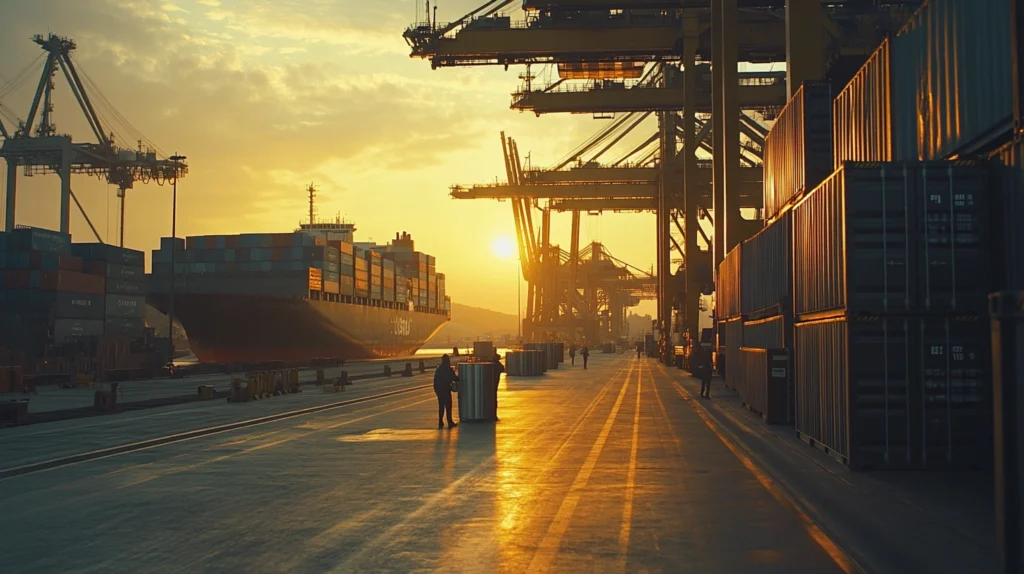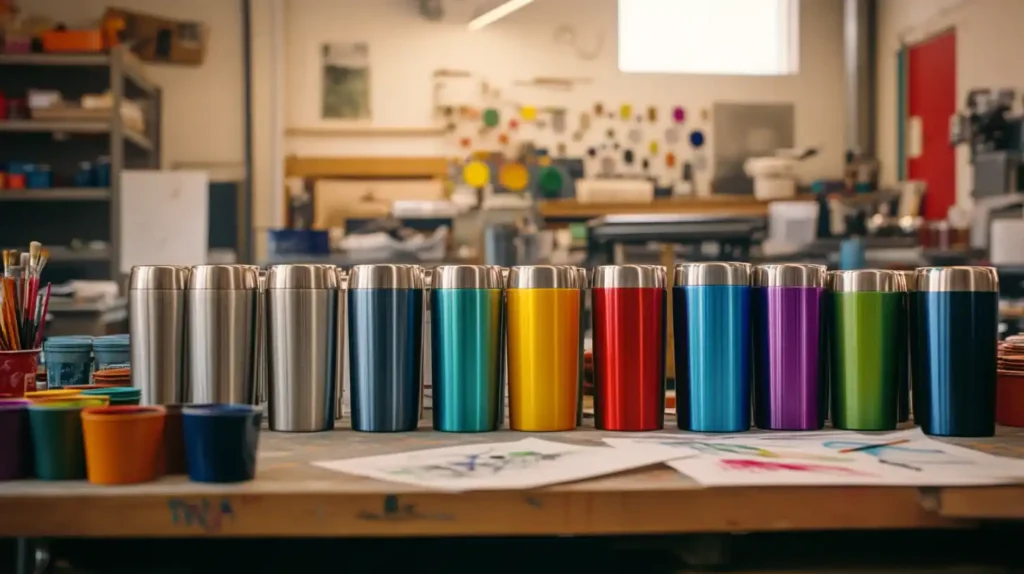Global trade policies have a direct impact on the wholesale stainless steel tumbler industry. From tariffs and environmental regulations to intellectual property laws, wholesalers and retailers must understand these factors to remain competitive. В этом блоге, we’ll dive into how these policies affect your business and what steps you can take to navigate the challenges successfully.

Оглавление
- 1 Tariffs and Their Impact on Stainless Steel Tumblers
- 2 Environmental Regulations: What It Means for Stainless Steel Production
- 3 Trade Agreements: Unlocking New Markets
- 4 Currency Fluctuations: Managing Price Volatility
- 5 Intellectual Property and Compliance: Safeguarding Your Designs
- 6 Meeting Health and Safety Standards
- 7 Staying Ahead: Key Takeaways for Wholesalers
Tariffs and Their Impact on Stainless Steel Tumblers
Rising Costs Due to Tariffs The imposition of tariffs on steel imports by various countries, including the U.S., has led to increased costs for stainless steel production. These higher manufacturing costs often get passed down to wholesalers, increasing the price of stainless steel tumblers. Wholesalers need to prepare for fluctuating prices and consider the potential for higher import costs.
How to Adapt:
- Negotiate better pricing or long-term contracts with suppliers to lock in favorable rates.
- Diversify your supply chain by sourcing from countries not affected by high tariffs.
Shifting Supply Chains Tariffs have caused many manufacturers to shift production to countries with lower trade restrictions. This can impact product quality, availability, and lead times for wholesalers, forcing them to adjust their supply chains accordingly.
How to Adapt:
- Work with multiple suppliers in different regions to maintain a steady product flow and ensure quality consistency.
- Keep a close watch on the evolving trade policies to anticipate any disruptions.

Environmental Regulations: What It Means for Stainless Steel Production
Stricter Production Rules Countries in Europe and North America have implemented strict environmental regulations, which can slow down production and increase manufacturing costs. Many companies are shifting their manufacturing to countries like China and Southeast Asia, where regulations may be less stringent.
How to Adapt:
- Source from suppliers that meet both local environmental regulations and global sustainability standards to appeal to eco-conscious customers.
- Promote the sustainability benefits of using reusable stainless steel tumblers to attract environmentally-aware consumers.
Sustainability Demands and Consumer Preferences The push for eco-friendly products is growing, particularly in developed markets. Consumers are becoming more conscious of sustainability, prompting retailers and wholesalers to prioritize environmentally responsible manufacturing processes.
How to Adapt:
- Ensure your tumblers come from sustainable sources and emphasize this in your marketing to align with consumer expectations.

Trade Agreements: Unlocking New Markets
Market Access Through Trade Agreements Free trade agreements between countries can reduce tariffs, making it easier to export or import stainless steel tumblers. This can help wholesalers access new markets at a lower cost.
How to Adapt:
- Stay up-to-date with the latest trade agreements that impact your key markets.
- Ensure your products meet compliance requirements for the target countries, such as labeling, safety standards, and rules of origin.

Currency Fluctuations: Managing Price Volatility
Exchange Rate Challenges Currency fluctuations can make it difficult for wholesalers to price their products consistently. A weak currency in one region may make exports cheaper, while a strong currency can make imports more expensive.
How to Adapt:
- Implement dynamic pricing strategies that account for exchange rate changes.
- Use currency hedging to protect your business against sudden price fluctuations.

Intellectual Property and Compliance: Safeguarding Your Designs
Protecting Designs and Brands With the rise in innovative tumbler designs, intellectual property protection is becoming increasingly important. Trade policies related to IP protection can impact where you choose to source and sell your products.
How to Adapt:
- Ensure your products comply with local IP laws to avoid counterfeit issues and potential legal problems.
- Partner with suppliers that respect intellectual property and provide documentation proving compliance.

Meeting Health and Safety Standards
Regulations on Food-Grade Materials Different countries have unique regulations governing materials that come into contact with food and beverages. Wholesalers must ensure their stainless steel tumblers meet these standards in every market.
How to Adapt:
- Work closely with your suppliers to ensure all products meet international health and safety requirements.
- Obtain the necessary testing certifications to ensure compliance in target markets.

Staying Ahead: Key Takeaways for Wholesalers
- Stay Informed: Regularly monitor global trade policies, tariffs, and regulations to understand their impact on your business.
- Diversify Your Supply Chain: Work with suppliers from multiple countries to reduce your dependence on any single market.
- Adapt Quickly: Implement flexible pricing strategies, and ensure you can quickly shift production or sourcing in response to new trade policies.
- Содействие устойчивому развитию: As consumers demand more eco-friendly products, ensure your stainless steel tumblers meet these expectations.
- Invest in Compliance: Ensure your products comply with international trade agreements, safety regulations, and intellectual property laws.
By staying proactive and adaptable, you can navigate the challenges posed by global trade policies and continue to thrive in the wholesale stainless steel tumbler market.




